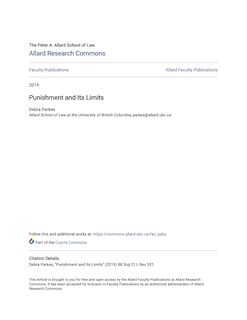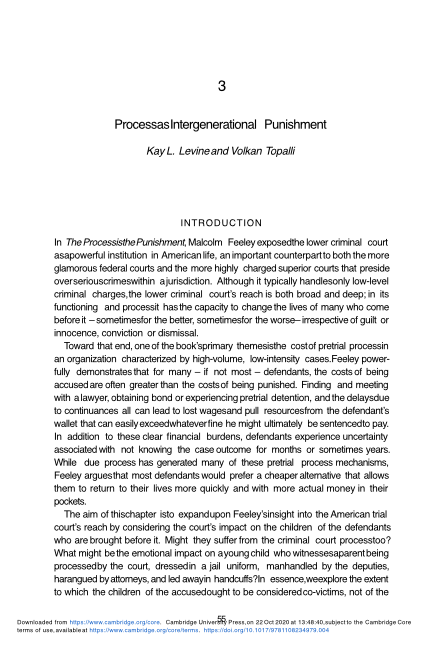By Debra Parkes
The nearly three decades in which Beverley McLachlin was a member of the Supreme Court, including 18 as Chief Justice, witnessed a number of shifts in Canadian penal policy and in the reach and impact of criminal law. During the Harper decade (2006 to 2015) in which the federal Conservatives enjoyed a majority government led by Prime Minister Stephen Harper, criminal justice policy took a turn toward the punitive. The federal government tore a page out of the American legislative handbook and sought to “govern through crime”,1 albeit in a more restrained Canadian style.2 Criminologists Anthony Doob and Cheryl Webster have posited that pre-Harper, Canadian criminal justice policy was grounded in four pillars that enjoyed support across party lines. These pillars were that social conditions matter; that harsh punishments do not reduce crime; that the development of criminal justice policies should be informed by expert knowledge; and that changes in the criminal law should address real problems.3 These principles were cast aside, Doob and Webster argue, beginning at least in 2006 with the passage of numerous crime bills that, to name just a few, created new crimes with enhanced penalties;4 proliferated mandatory
Allard School of Law, Allard Research Commons Allard Research Commons, Faculty Publications Allard Faculty Publications, 2019, 19p.



